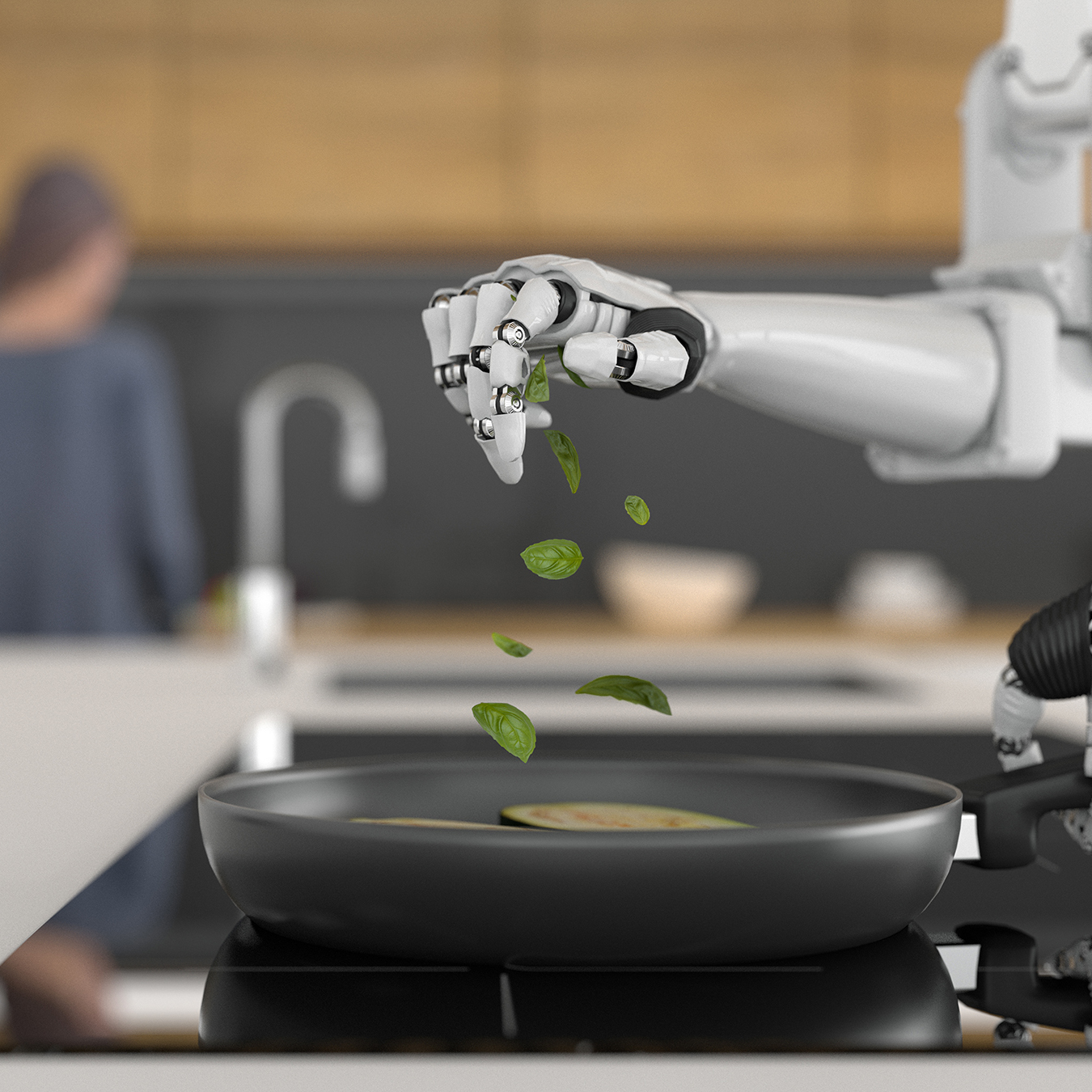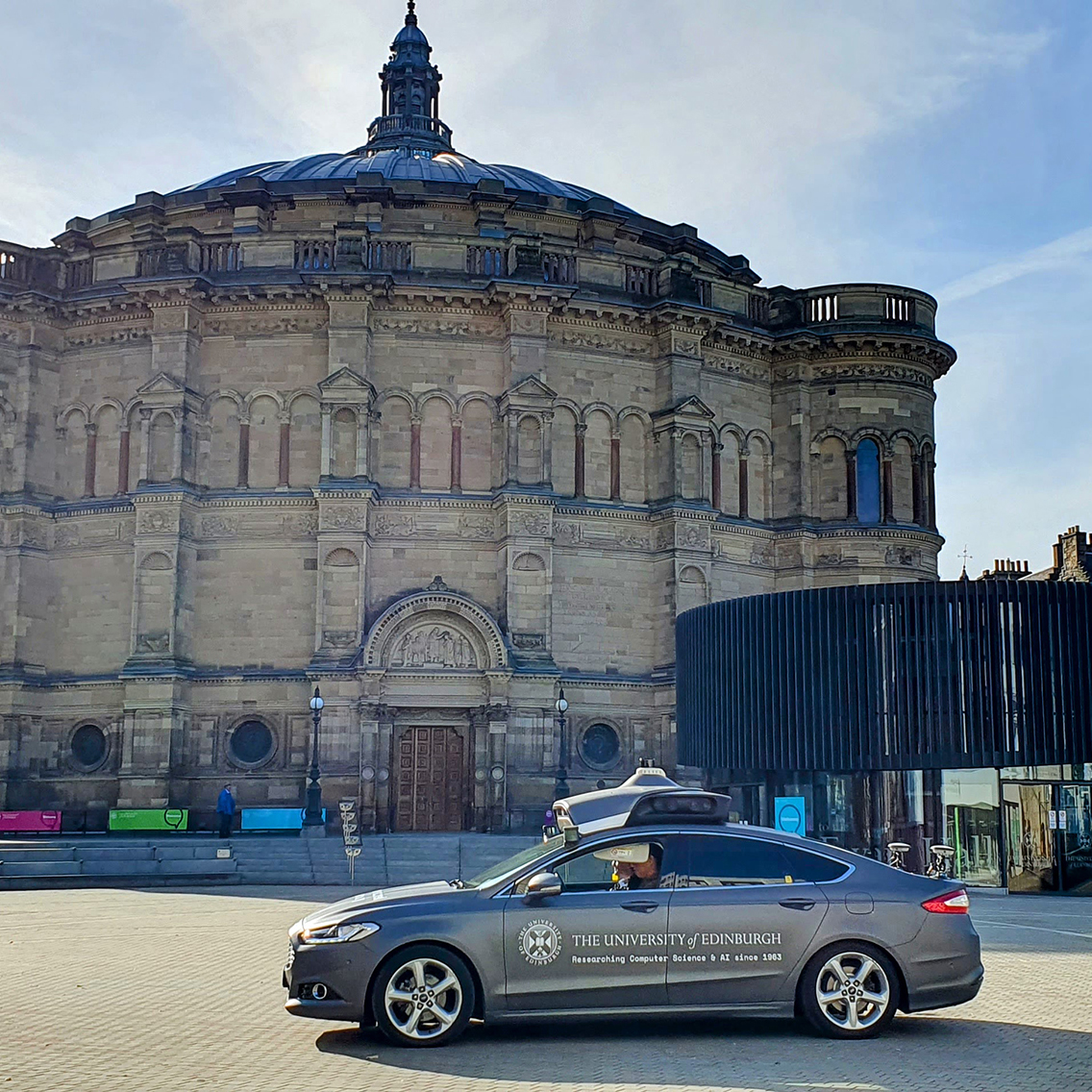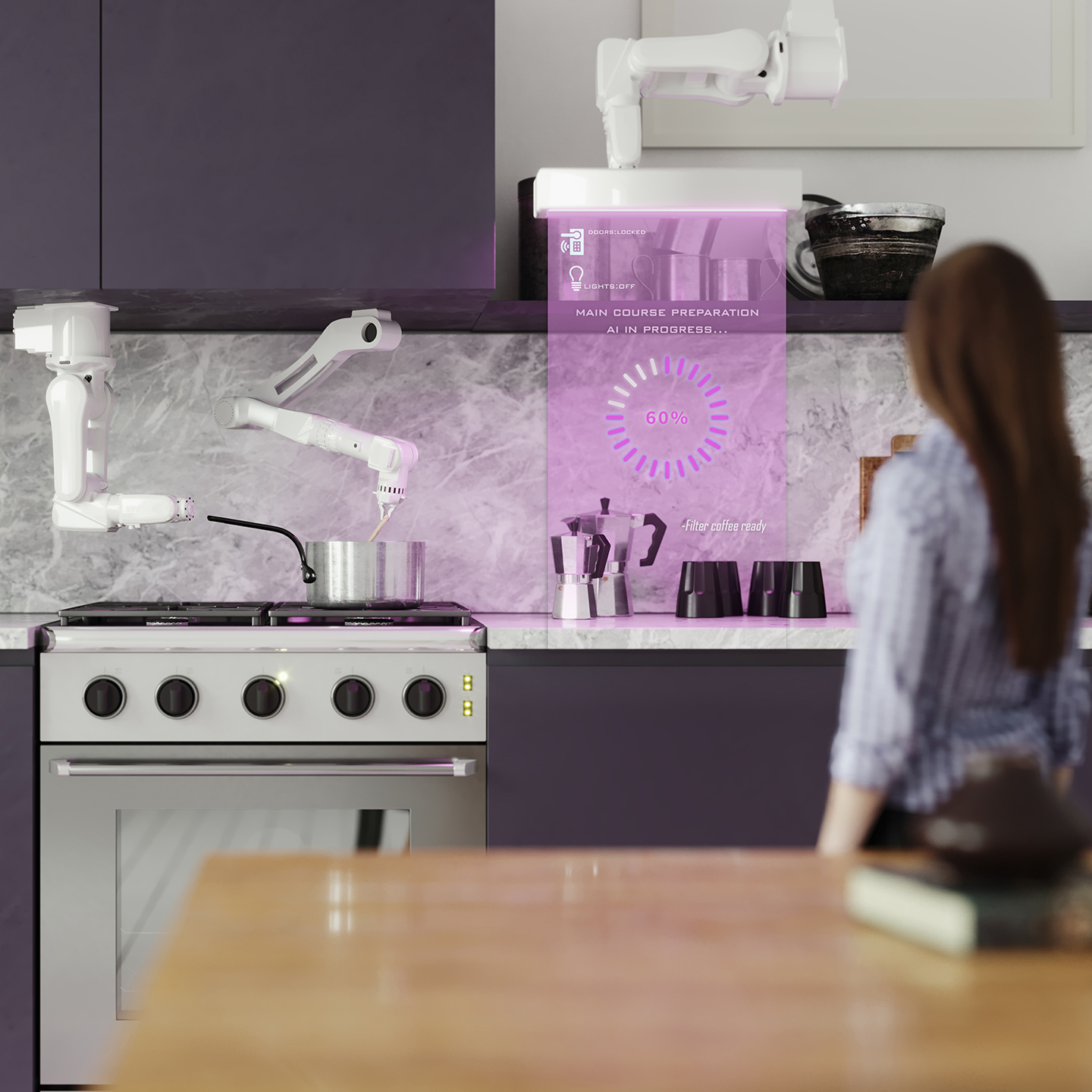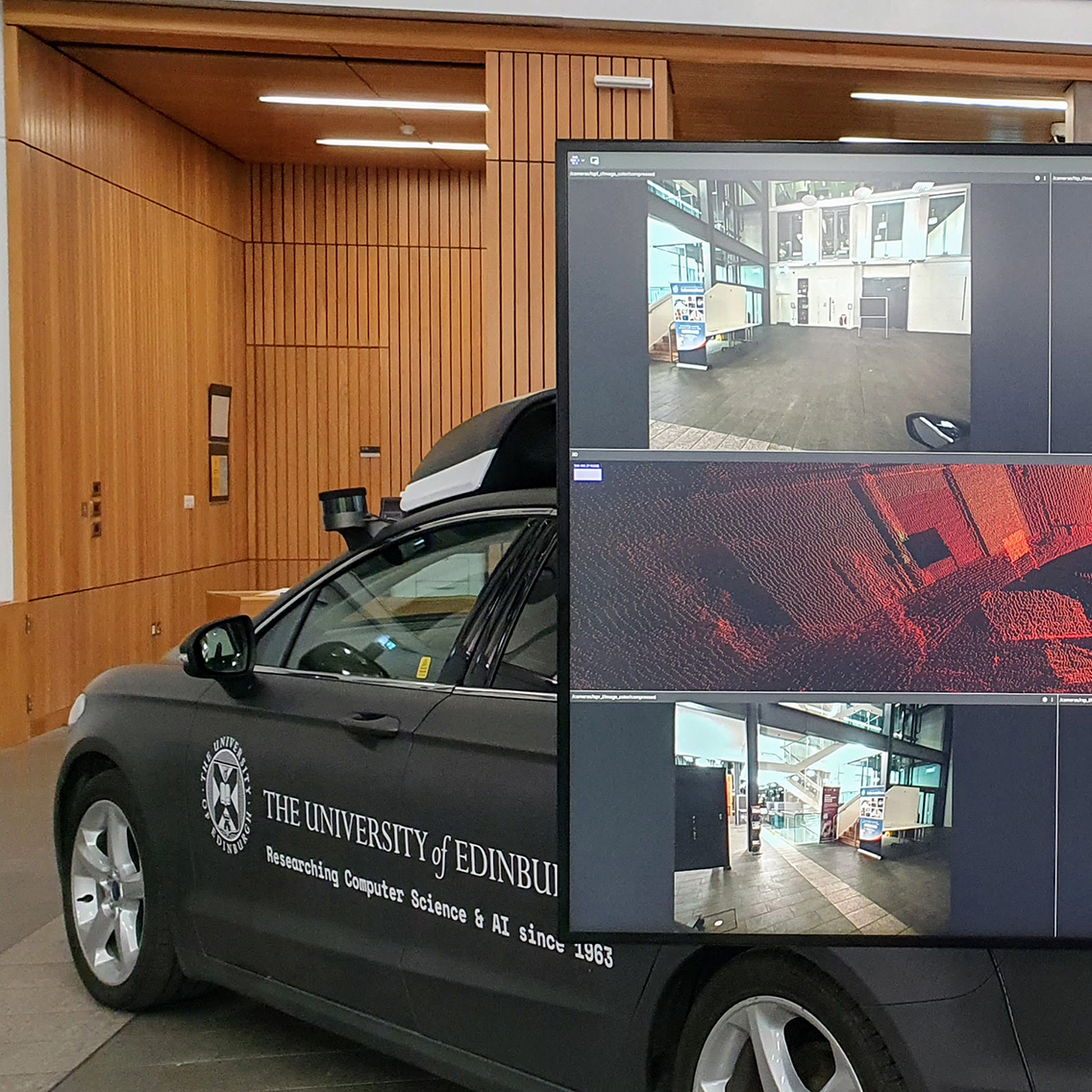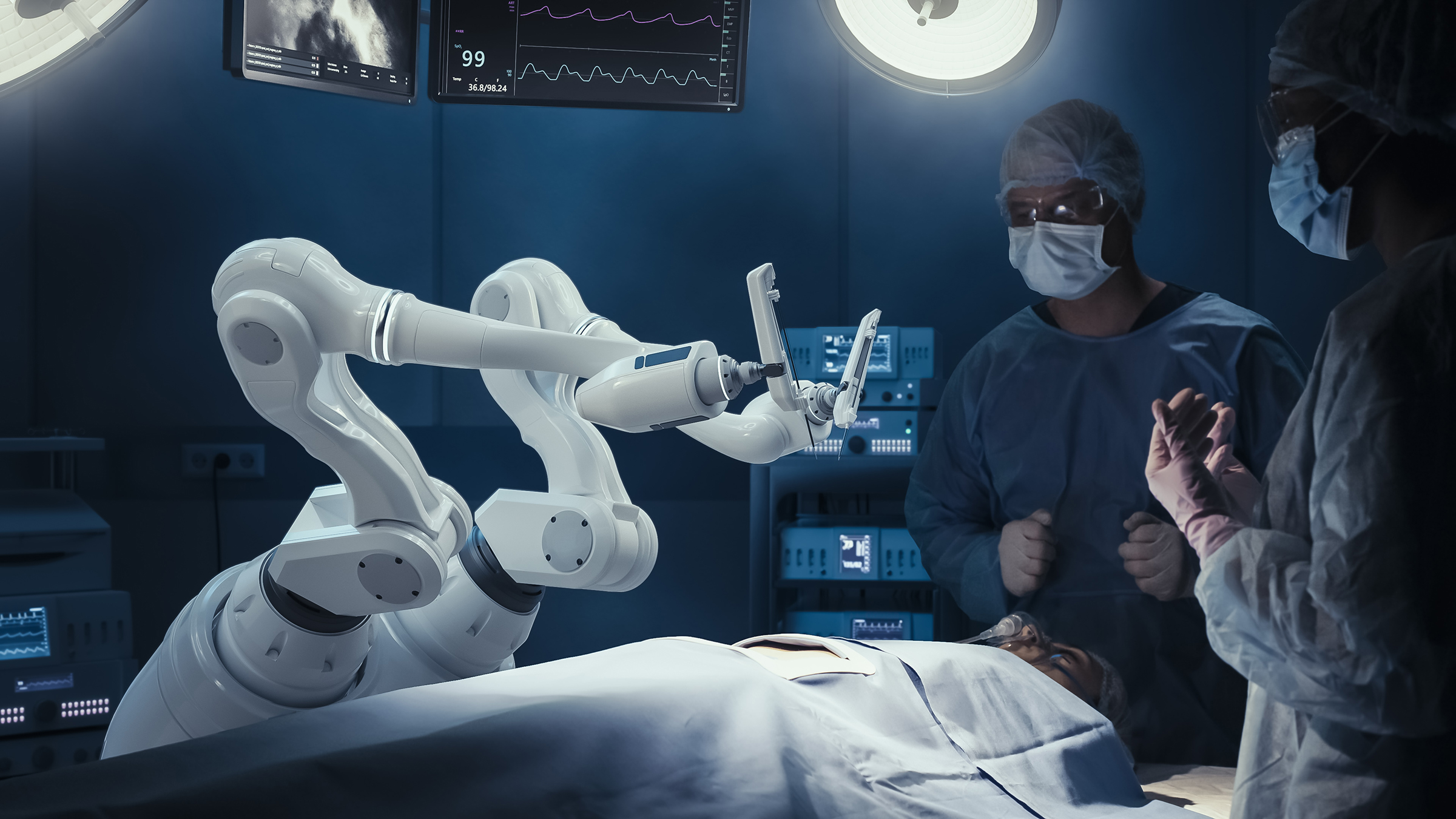Assistive Care
Creating intelligent, adaptive robotic technologies that support independent living and home-based care.
Our systems are designed to understand routines associated with activities of daily living, to monitor cognitive and emotional wellbeing, and to provide timely, personalized assistance. By integrating AI, robotics and sophisticated technologies for human and environmental sensing, we aim to enhance autonomy, safety, and quality of life.
Focus areas:
- Continual Neuropsychological and Physical assessment: Through a combination of data-driven activity models and innovative sensing technologies
- Cognition-Aware Prompting & Monitoring: Real-time user state and activity tracking, and adaptive guidance that is personalised
- Co-work with robotics: Assistive autonomous robotic systems that collaborate in everyday activities such as cooking, personal care and hygiene, and potential hospital-in-the-home needs
Assistive Driving
Designing shared autonomy systems that intelligently integrate human intent with safe AI control.
We are looking to reconceptualise assistance in complex driving environments, by combining sophisticated task modelling, real-time cognitive state and situation monitoring, and adaptive interfaces to achieve safety, trust, and performance in the wide range of manoeuvres seen in urban environments.
Our goal is to assist people. One target segment is older adults with declining physical or cognitive abilities, to keep them driving safely and independently for as long as possible, with support that adapts to their needs over time. The same technologies will also find broader uses, to aid inexperienced or temporarily distracted drivers who need that additional layer of safety.
Focus areas:
- Interactive Task Modelling: Data-driven models of human driving skill in complex interaction-rich environments
- Real-Time Risk & Intention Awareness: Monitoring cognitive load and situational awareness, task and intention-aware shared autonomy
- Human-AI Collaboration in Mobility: Supporting the full spectrum from driver-assist and intelligent mobility aids, to autonomous vehicles
Assistive Surgery
Advancing AI-driven frameworks for surgical skill assessment, cognition-aware support, and task-level autonomy.
We integrate complex task and activity modelling, high-fidelity simulation, and real-time sensing to enhance both surgical training and intraoperative decision-making. Our goal is to develop intelligent systems that support surgeons with precision, adaptability, and trust.
Focus areas:
- Skill Assessment & Procedural Guidance: Quantifying surgical performance and providing context-aware support during procedures.
- Simulation & Rehearsal: Enabling safe, repeatable training environments with feedback loops for skill refinement.
- Cognition-Aware Assistance: Towards autonomy in medical robots that delivers real-time, adaptive support based on surgeon intent, workload, and task complexity.
